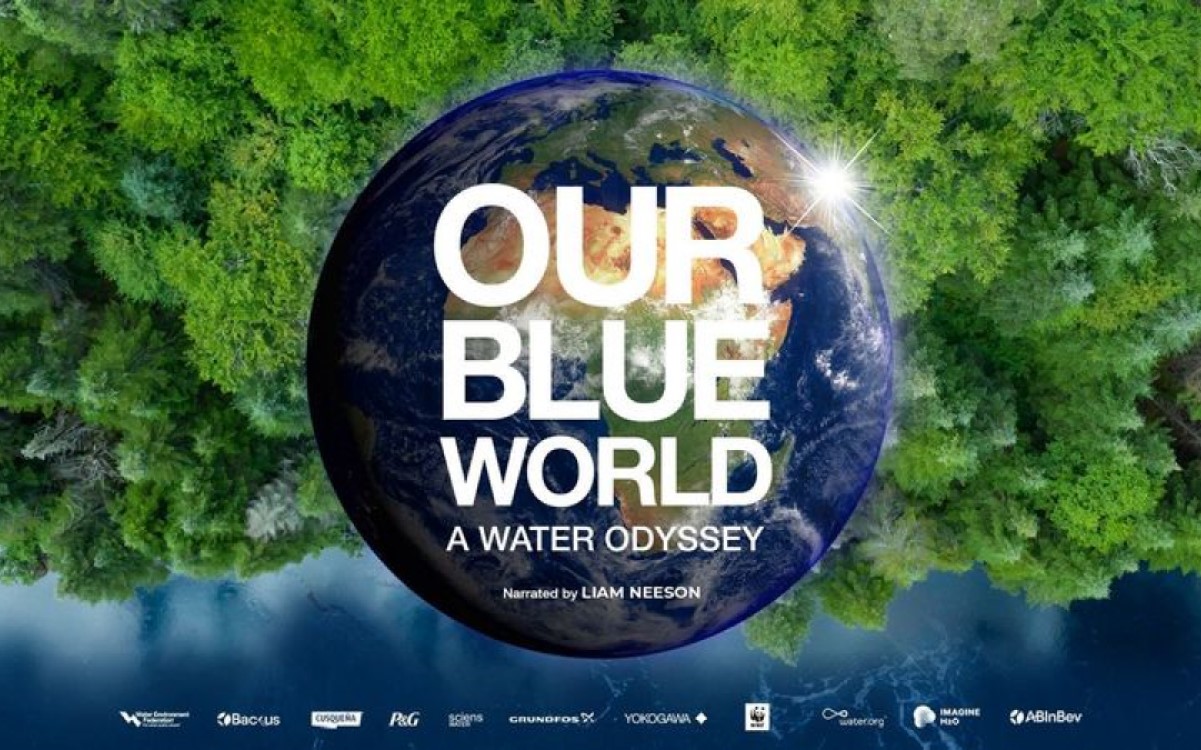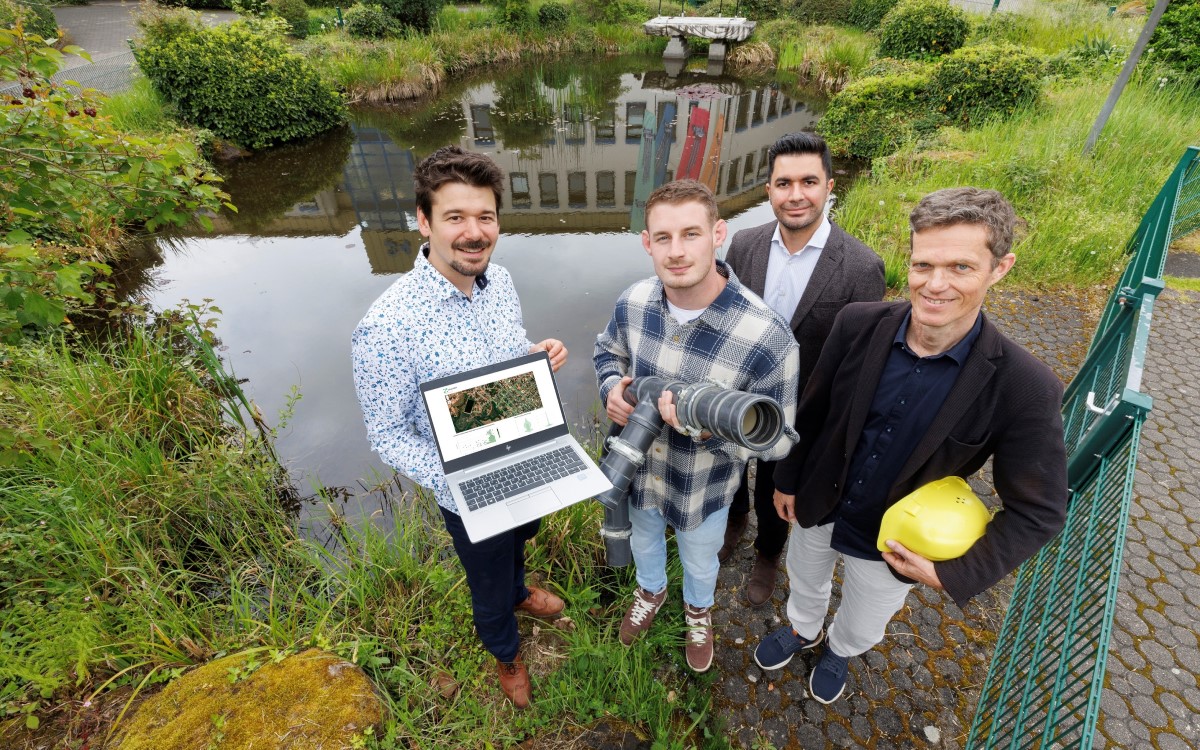08. December 2023 ǀ At the COP28 in Dubai, the UN-Water Expert Group on Water and Climate Change unveiled preliminary findings of a pivotal study, investigating the water requirements of various climate mitigation measures.
Understanding the Paris agreement’s dependency on water management
The research, being carried out in collaboration with the International Universities Climate Alliance (IUCA), sets out to identify what is known and not known about the dependency of Paris Agreement targets (measures necessary to limit global warming to 1.5 under the United Nations Framework Convention on Climate Change) on the sustainable management of water resources.
The early estimates show the relative ‘water efficiency’ of various climate change mitigation measures. For example, green hydrogen production saves approximately 68 tonnes of carbon emissions for every million litres of water used; whereas for the same amount of water, liquid biofuels could achieve 5 tonnes of carbon emissions reduction, and electrification of light duty vehicles could save 1.7 tonnes.
Addressing emissions from wastewater and wetlands
Poorly managed wastewater, and water in wetlands, and artificial reservoirs and irrigation systems are also a major source of direct emissions of greenhouse gases, especially methane and nitrous oxide. Improved management of these waters will also be critical towards emission reduction targets globally.
The study is being led by United Nations Economic Commission for Europe (UNECE), United Nations Educational, Scientific and Cultural Organization (UNESCO), and World Meteorological Organization (WMO) as the co-coordinators of the Expert Group.
The final report will be used to prepare a UN-Water Analytical Brief which is scheduled for launch at the 2024 Bonn Climate Conference in June 2024.
Media statement






